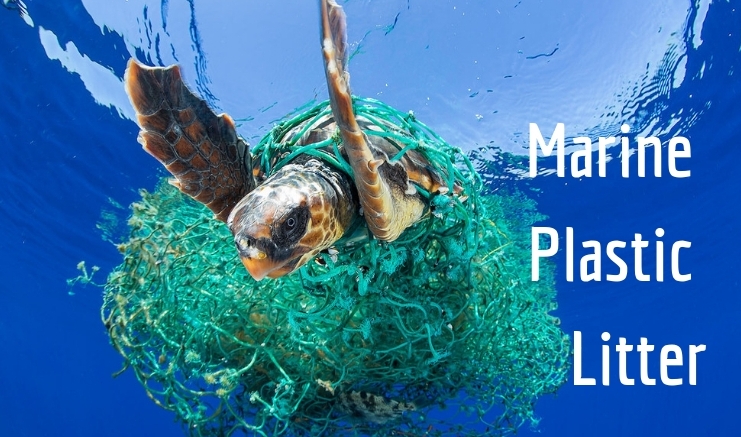It isnt the amount of protein consumed as much as the proportions of amino acids which make up proteins that matter most. The way animals are farmed and the impact those methods have on the environment is just as important as the carbon footprint of the meat itself.
Go Green Go Vegetarian Environmental Impacst Of Meat
One ounce of red meat provides much more energy than five times the amount of rice and beans which sort of cancels out the natural resources usage imbalance.

Why eating meat is good for the environment. With a strong enough signal from governments and the media about why we need to change our eating. There is even an international campaign called Meatless Monday that encourages people to give up meat at least one day a week to help improve health and environment. Small-scale farms produce meat with better omega-6 to omega-3 fatty acid ratios which reduces risk of cardiovascular disease cancer inflammation and autoimmune flares.
The livestock sector raising cows pigs and chickens generates as much greenhouse gas emissions as all cars trucks and automobiles combined. Globally animal agriculture is responsible for more greenhouse gases than all the worlds transportation systems combined. Cutting meat out of your diet just one day a week can do more to reduce your carbon footprint than switching to a hybrid car.
Cutting back goes a long way toward helping the environment. In October scientists warned that huge reductions in meat eating are required if the world is to stave off dangerous climate change with beef consumption in western countries needing to. Protein contains the same 20 amino acids regardless of where it comes from.
In this article well discuss why eating meat is good for the environment. The UNs 2006 Food and Agriculture Organization report. In fact it has such a devastating effect on all aspects of our environment that the Union of Concerned Scientists lists meat-eating as one of the biggest environmental hazards facing the Earth.
Using plant products to feed livestock requires large amounts of land use and leads to deforestation. Eating too much meat is no good for our health with overindulgence linked to increasing rates of heart disease cancer and obesity. Learn more information about why eating meat is good for the environment.
The use of grain soy and corn as feed is much less efficient than if. Not all experts are convinced that plant-based diets are a food security panacea. Frank Mitloehner an animal scientist from the University of California Davis has been vocal about his.
Can eating less meat help reduce climate change. Countless studies claim that eating meat harms the planet and contributes to global warming. Not only do sustainable conditions reduce environmental impact but you also end up with better more nutritious meat.
Theres plenty of space for going vegetarian or even entirely vegan but as agroecological systems often depend on grazing animals meat consumption following a less but better approach will have a crucial role to play. To truly assess how environmentally friendly meat is we also need to factor in the impact on land water and biodiversity. Will take action in the public good.
But it also makes the planet sick. It may take more resources to produce beef than grain but eating meat gives the human body much more bang for the buck. There is a huge array of factors involved in the environmental impacts of eating meat.
Meat production may actually produce some benefits for the environment. Grazing cattle can reduce the lands natural emissions of nitrous oxide a greenhouse gas that environmentalists agree is more damaging than carbon dioxide. Meat and animal products have amino acid.
Eating less is a vital part of the equation in making better possible. The research is clear a diet heavy in meat increases the risk of obesity cancer and heart disease.




